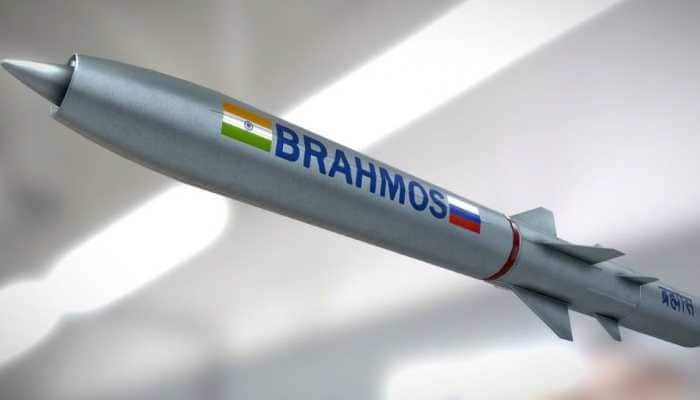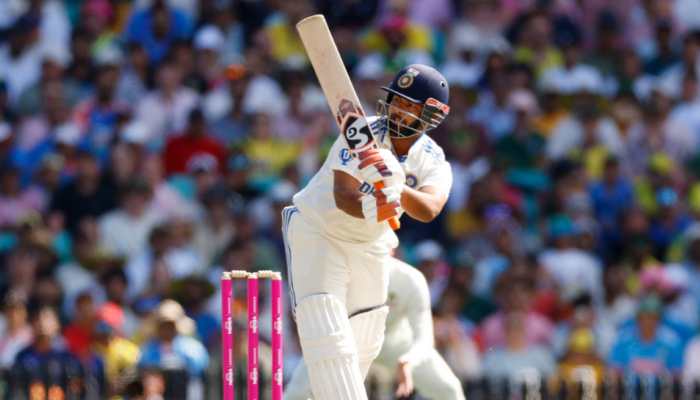'Pillownauts' to help study adverse effects of space travel
The study is specifically aiming to find out how quickly we develop insulin resistance from prolonged bed rest, and what are the mechanisms driving this harmful effect.
Trending Photos
) (Representational image)
(Representational image) London: Scientists are enlisting the help of 'pillownauts' to examine a potentially serious adverse effect of space travel and weightlessness on the human body.
A 3-day bed rest study is being carried out at the University of Nottingham in the UK along with a 60-day bed rest study by the European Space Agency in France.
Bed rest is a tried and tested way to measure the effects of weightlessness on the human body which include bone and muscle mass loss, cardiovascular decline and impaired carbohydrate metabolism which could be a risk for type 2 diabetes.
Many astronauts come back to Earth from space showing signs of pre-diabetes because weightlessness can lead to insulin resistance whereby the muscles and liver cannot absorb glucose to help regulate blood sugar levels.
The study is specifically aiming to find out how quickly we develop insulin resistance from prolonged bed rest, and what are the mechanisms driving this harmful effect.
Ten healthy male volunteers have been recruited to take part in the study in the Medical School at the Queen's Medical Centre in Nottingham from February 2018.
After baseline tests for weight, muscle mass, liver and pancreatic function including MRI scans and muscle biopsies, the participants will spend three days lying flat in bed in a slight head-down incline to mimic weightlessness in zero- gravity.
"There is a big push at the moment for a manned mission to Mars - a journey that would take as long as nine months with huge implications for the fitness of the astronauts," said Ian Macdonald, a professor at the University of Nottingham.
"Multiple scientific groups across NASA, the UK Space Agency, and ESA, are working on many aspects of this physical deterioration in zero gravity and we hope our contribution to this will be significant and possibly lead to further studies about insulin resistance over a longer time period," said Macdonald.
"Non-weight-bearing has a major negative impact on health, including reduced muscle mass and sensitivity to nutrition," said Paul Greenhaff, from the University of Nottingham.
"This research has important implications for space flight, but will also provide important insight into the negative effects of inactivity on metabolic health in the general population," said Greenhaff.
"Indeed, many of the effects currently attributable to aging across our life course are most likely caused by decreasing physical activity levels that accompany aging," he said.
"Over the period of bed rest, we will use the gold standard method to measure insulin resistance in our ten participants," said Natalie Shur, PhD researcher on the project.
"We expect to find an accelerated onset of insulin resistance in the first 3 days of bed rest and we hope to answer significant questions about the rate and magnitude of that resistance and associated muscle wasting," Shur said.
The current space exercise protocol dictates that to prevent gross muscle atrophy, astronauts have to do around 2 hours of intense physical exercise a day in space and take on a set number of calories to give them the best chance of maintaining physical fitness.
The team aims to work out when the most detrimental changes take place, possibly in the first week in space, then they may be able to offset these changes by a programme of early rehabilitation exercises.
Stay informed on all the latest news, real-time breaking news updates, and follow all the important headlines in india news and world News on Zee News.
Live Tv







)
)
)
)
)
)
)
)
)
)
